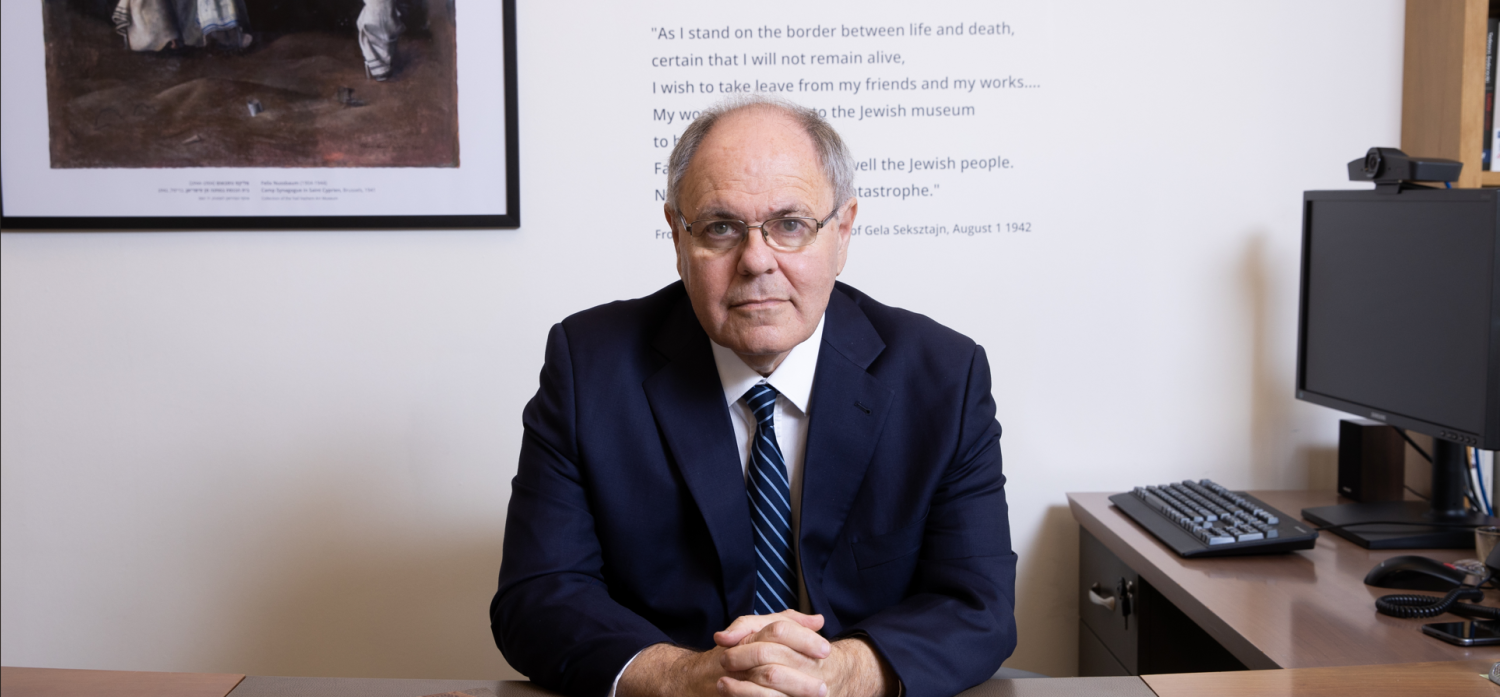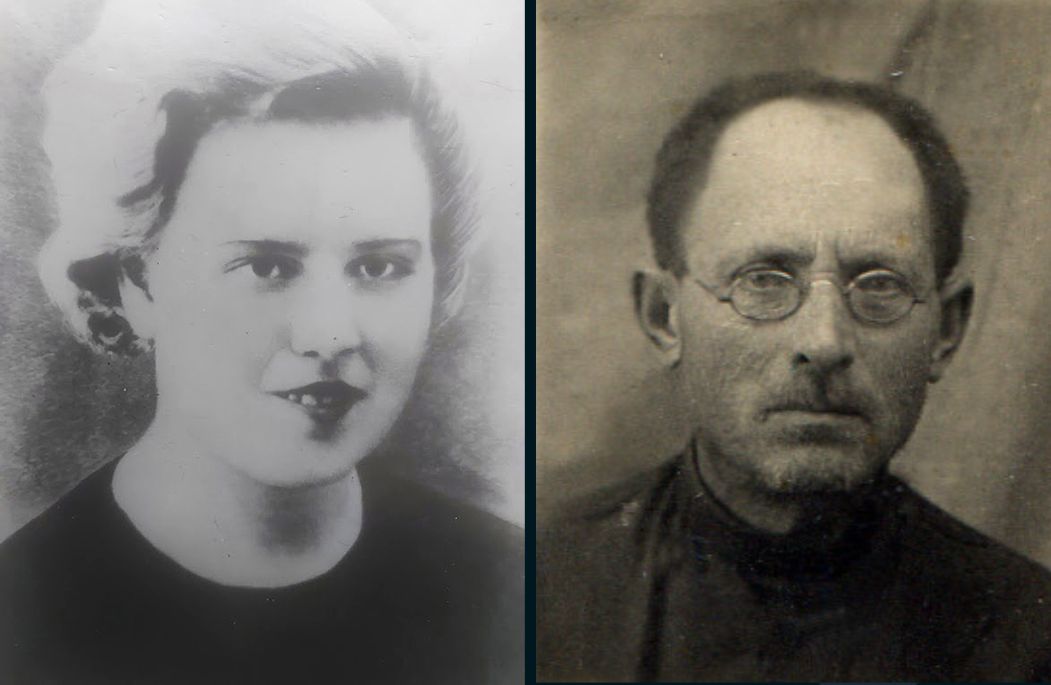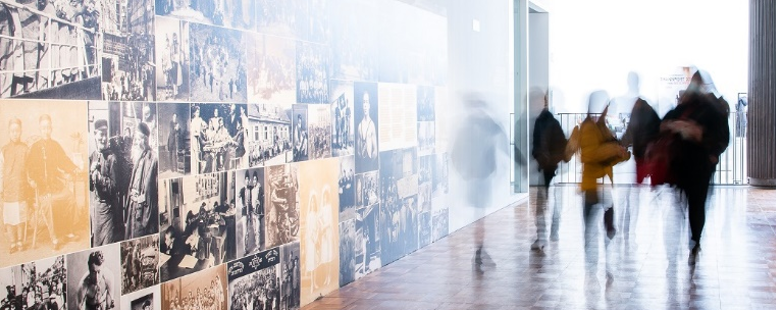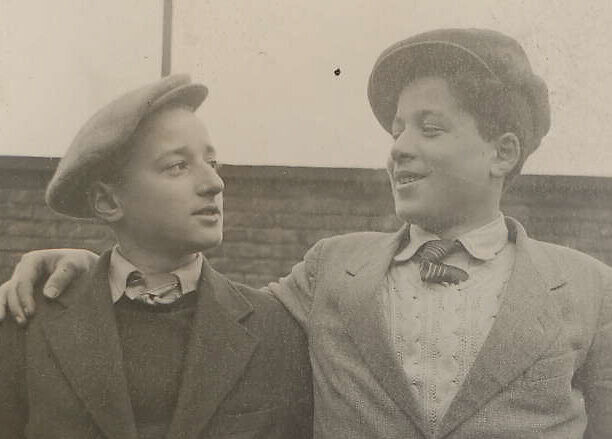


In conversation with IHRA Chair Dani Dayan
Dani Dayan is the IHRA Chair for the Israeli Presidency in 2025. He is the Chairman of Yad Vashem, the World Holocaust Remembrance Center where he has spearheaded strategic initiatives to revitalize Holocaust remembrance and ensure its perpetual relevance, in Israel and globally.
We spoke to him about remembrance, distortion, and the legacy of Holocaust survivors.
You spent the early part of your childhood in Argentina. Do you have any memories regarding education or remembrance about the Holocaust in Argentina?
Ironically, my immediate family was in a way ‘saved’ by European antisemitism, since antisemitic violence and cruelty in Ukraine drove my grandparents to emigrate to Argentina before World War II. While I am not a direct descendant of Shoah survivors, Holocaust remembrance was definitely a part of my Jewish education. In fact, one of the first books I read was about the Nuremberg trials, in which Nazi Germany’s leaders stood trial for crimes against humanity.
Did you always know that one day you might work on the topic of Holocaust remembrance?
It was always clear to me that one day I would enter public service. When I returned from New York after serving four years as Israel’s Consul General there, I was even more passionate about Jewish unity, about the relationship between Israel and world Jewry. Issues like politics and religious observance sometimes divide the Jewish people, but Holocaust remembrance is a uniting force. And instilling unity is definitely one of the values that drew me to my current position.
Do you have any memories from your political and diplomatic career over the years that motivated you to work on the topic of Holocaust remembrance?
Probably the most impactful event of the Jewish calendar during my tenure in New York was the gathering for Yom Hashoah (Holocaust Remembrance Day) in Temple Emanu-El in Manhattan. All walks of Jewish life participated and I always had the privilege to address the audience. Preparing my speech for that special gathering was a very personal moment for me. I always did it alone and it created a myriad of feelings that touched my soul in a way that I don’t think any other event in my years as a diplomat ever did.
What hopes do you have for the Israeli IHRA Presidency this year? Are there any initiatives that you are particularly looking forward to?
Israel brings to the IHRA unique perspectives and resources, as well as a vivid and powerful connection to the Shoah that no other country shares. It’s natural for there to be high expectations and we aim to meet them by providing valuable data and know-how. Any meaningful engagement with the Holocaust must be grounded in historical records and the most up-to-date scholarship. This includes facilitating younger scholars in IHRA member countries and elsewhere to take up research about the Holocaust within its broad historical context.
We are also committed to harnessing new technologies to help preserve the historical truth about the Holocaust, while ensuring that these technologies are not abused and do not lead to distortion. Additionally, we are underscoring that the IHRA’s contribution to the ongoing fight against antisemitism should and can be undertaken in ways that do not detract from the centrality of Holocaust remembrance, but rather enhance the relevance of accurate, fact-based remembrance.
How do you see the IHRA’s role in securing the future of Holocaust remembrance, research, and education?
I understand that Holocaust remembrance, including education, will never be completely ‘secure’. There will always be menacing forces and factors that threaten to distort and minimize the facts, lessons and messages of the Shoah. Still I’m encouraged by the positive synergies that emerge from cooperative frameworks like the IHRA, which enhance global discourse, cooperation and initiatives to ensure that the accurate story and relevant meanings of the Holocaust can resonate as broadly as possible.
Could you speak about the importance of the Survivors’ Declaration? Was there a particular survivor who you met in your life who left a lasting impression on you?
The Survivors Declaration was composed in 2002 by a group of Holocaust survivors who were passing the torch of remembrance to the next generation. This is a solemn but crucial mission we must take on. So upon assuming the IHRA Presidency, Israel launched a global initiative urging countries to recommit to that Declaration and its principles that emphasize our shared humanity.
I have had the honor to meet many Holocaust survivors who have shared with me their story of tragedy and heroism. I will mention two who have touched me in particular since I came to Yad Vashem. Marian Turski, who survived Auschwitz, passed away this year. We shared a special relationship and he conveyed to me his remarkable courage and his tremendous spirit. The other survivor is Rabbi Israel Meir Lau, the chairman of the Yad Vashem Council, who carries himself with inspiring dignity. I have the great privilege of benefitting from his wisdom while leading Yad Vashem.
What are your concerns about the state of Holocaust remembrance in the world today, and what can be done to address them?
In general, Holocaust awareness worldwide is actually increasing. The IHRA is just one indication of that. The IHRA did not exist in the 20th century. Neither was there an International Holocaust Remembrance Day. They came about at the outset of the 21st century. However, I am deeply concerned about Holocaust distortion, rather than outright denial. I refer to politicians or academics distorting historical truths about the scope or the perpetrators of the Holocaust. This must be countered with unrelenting research, educational initiatives, and by swiftly and unapologetically calling out those who distort or trivialize the Holocaust.
Title photo courtesy of Yad Vashem.
Sign the Survivors' Declaration
The Survivors’ Declaration is essential to protecting the legacy of Holocaust survivors. Become part of the global campaign to recommit to the message and principles of the declaration initiated by the Israeli Presidency of the IHRA.




